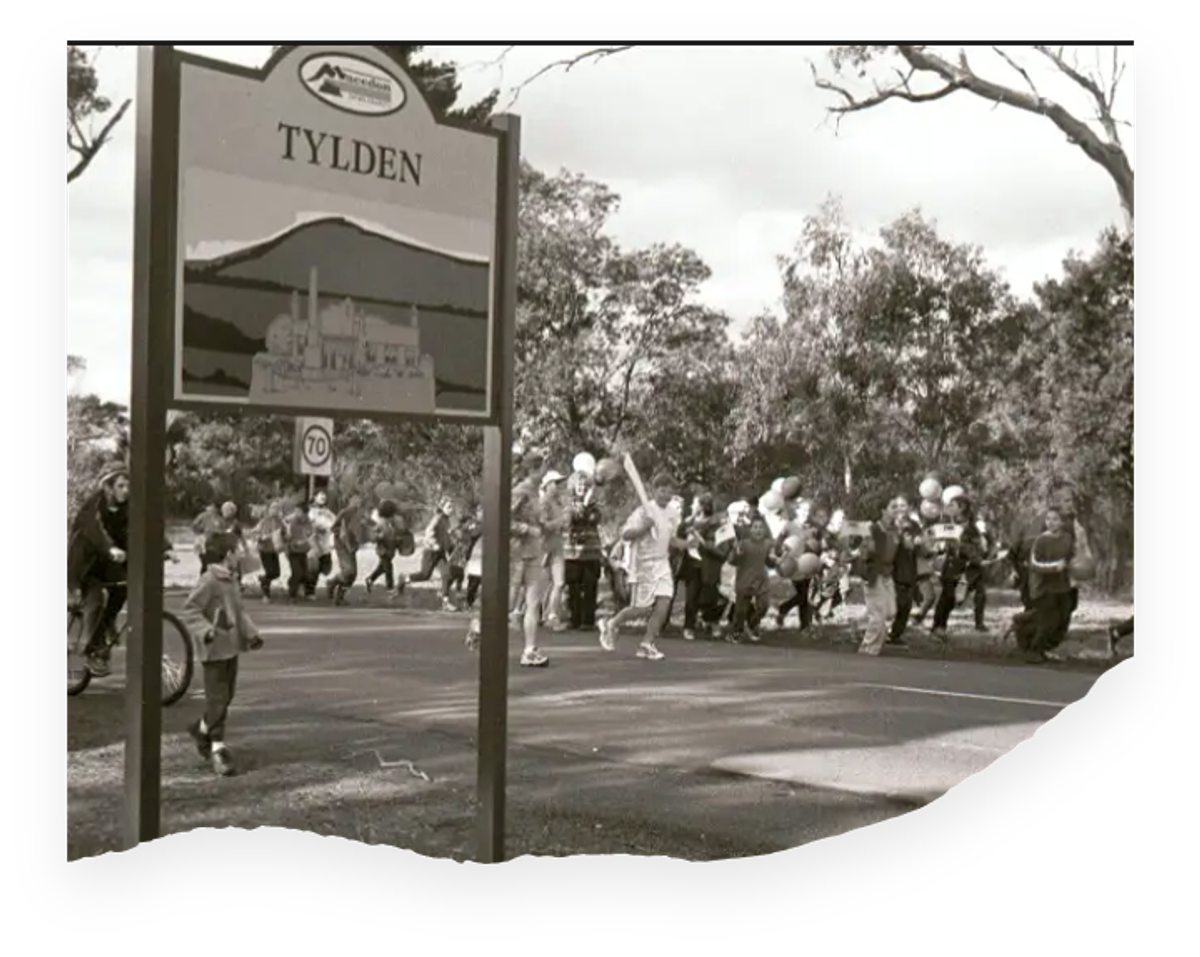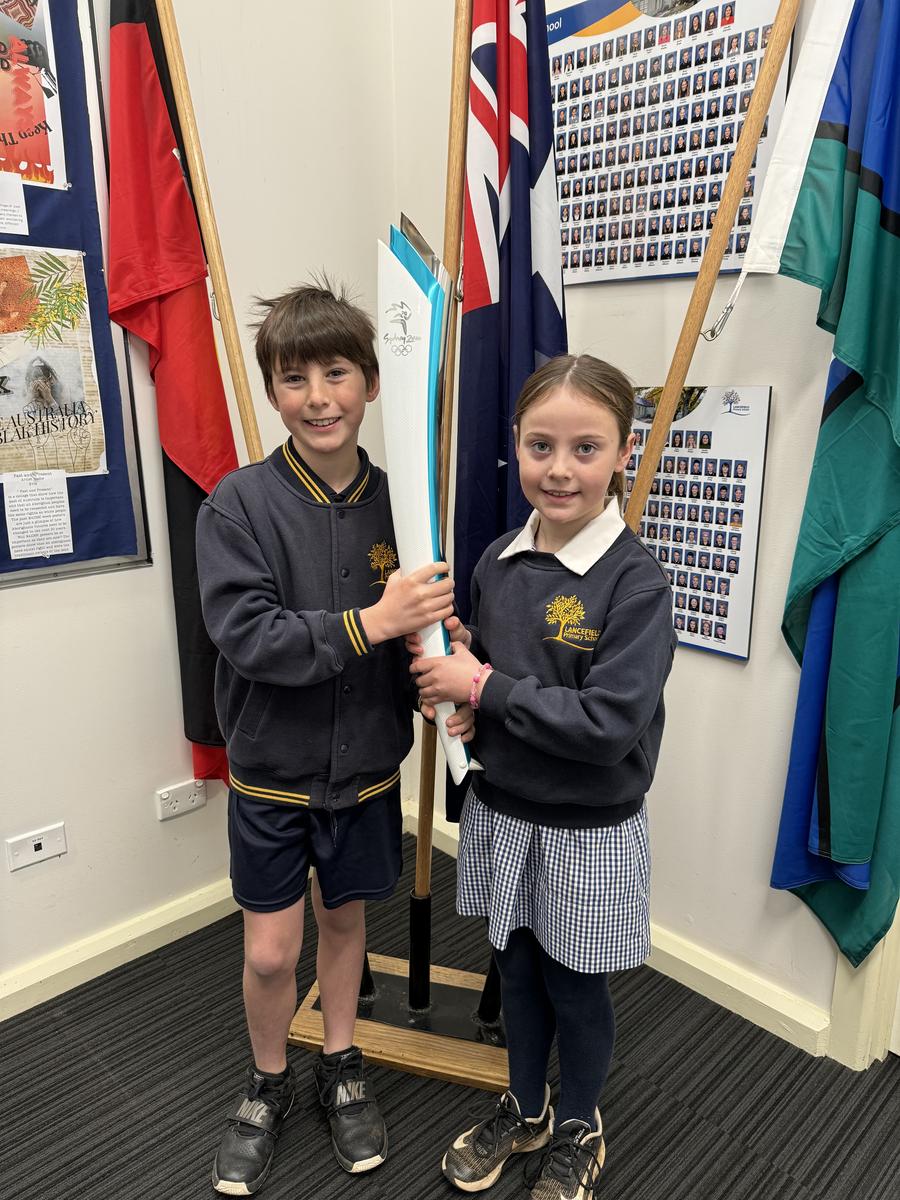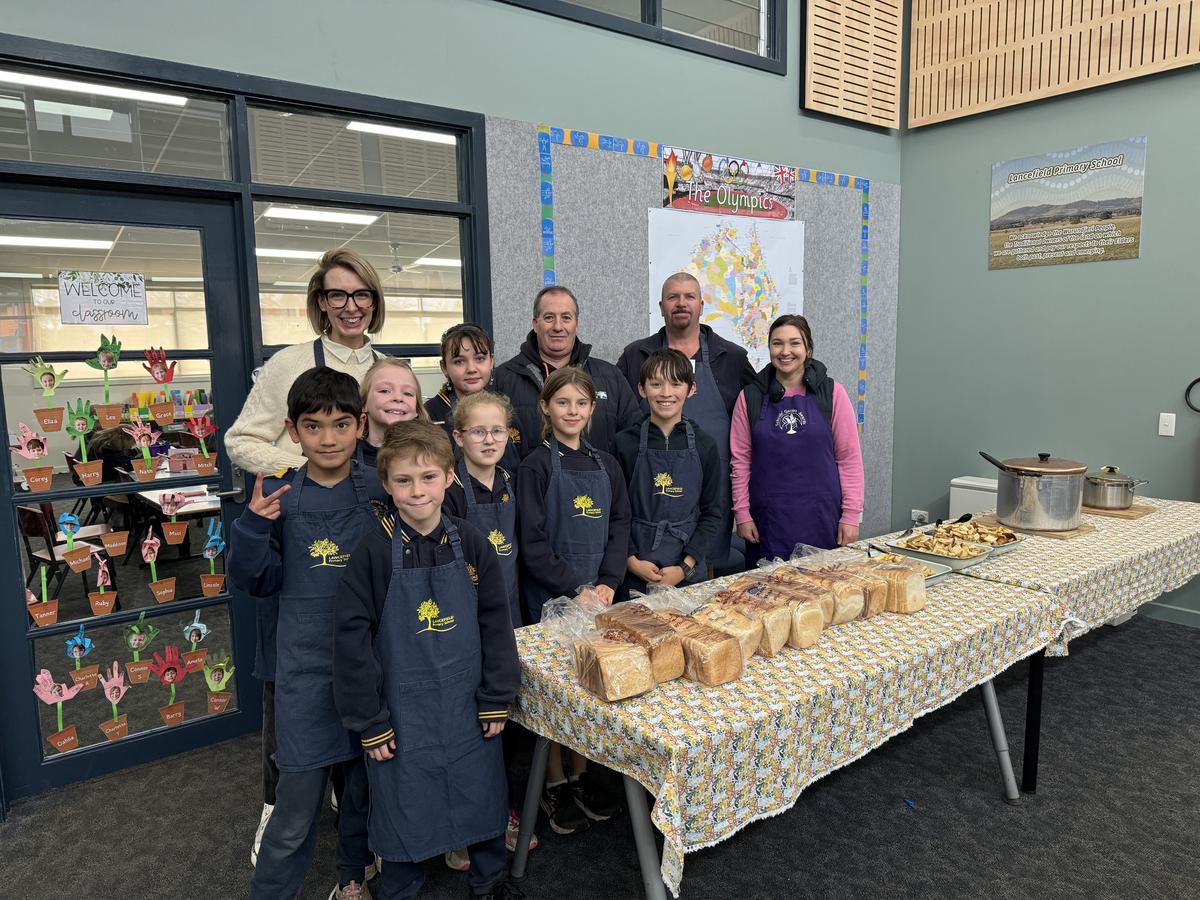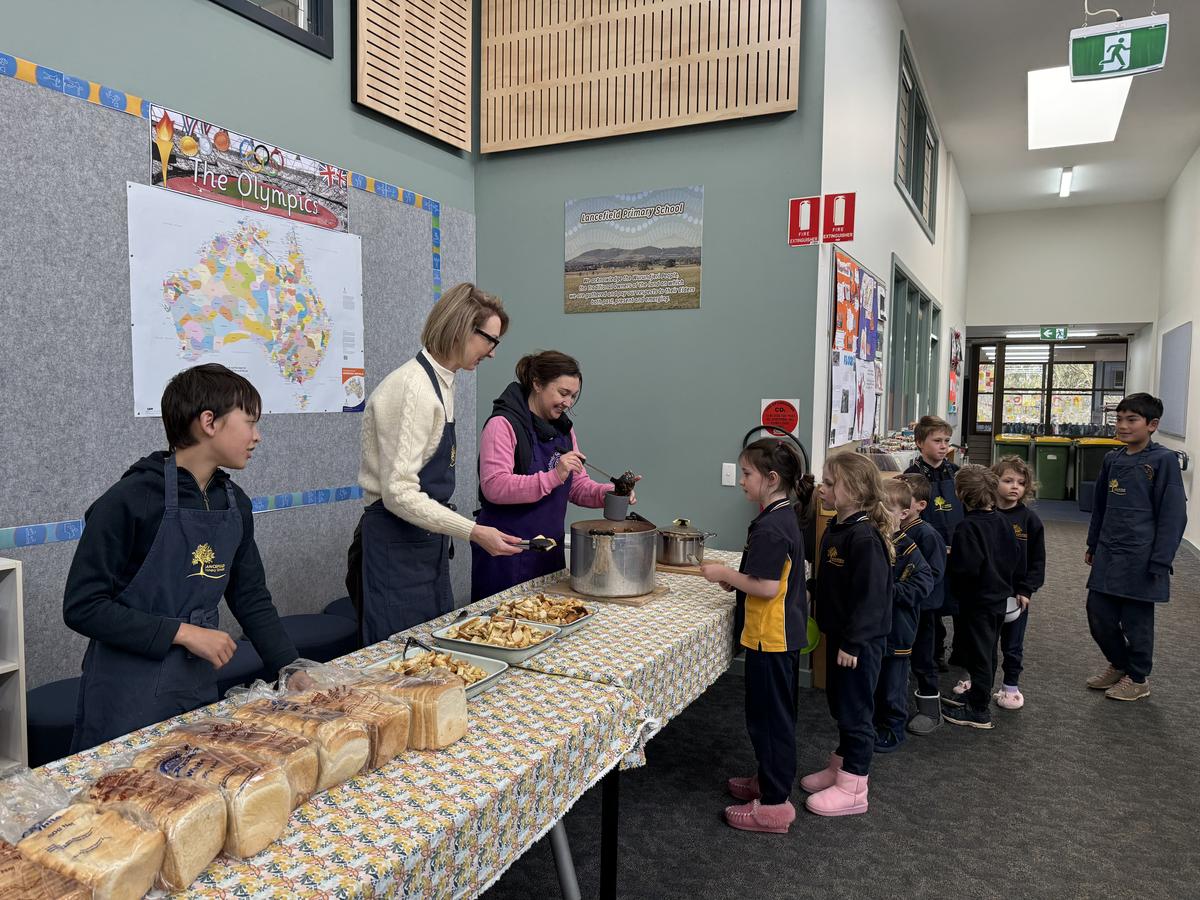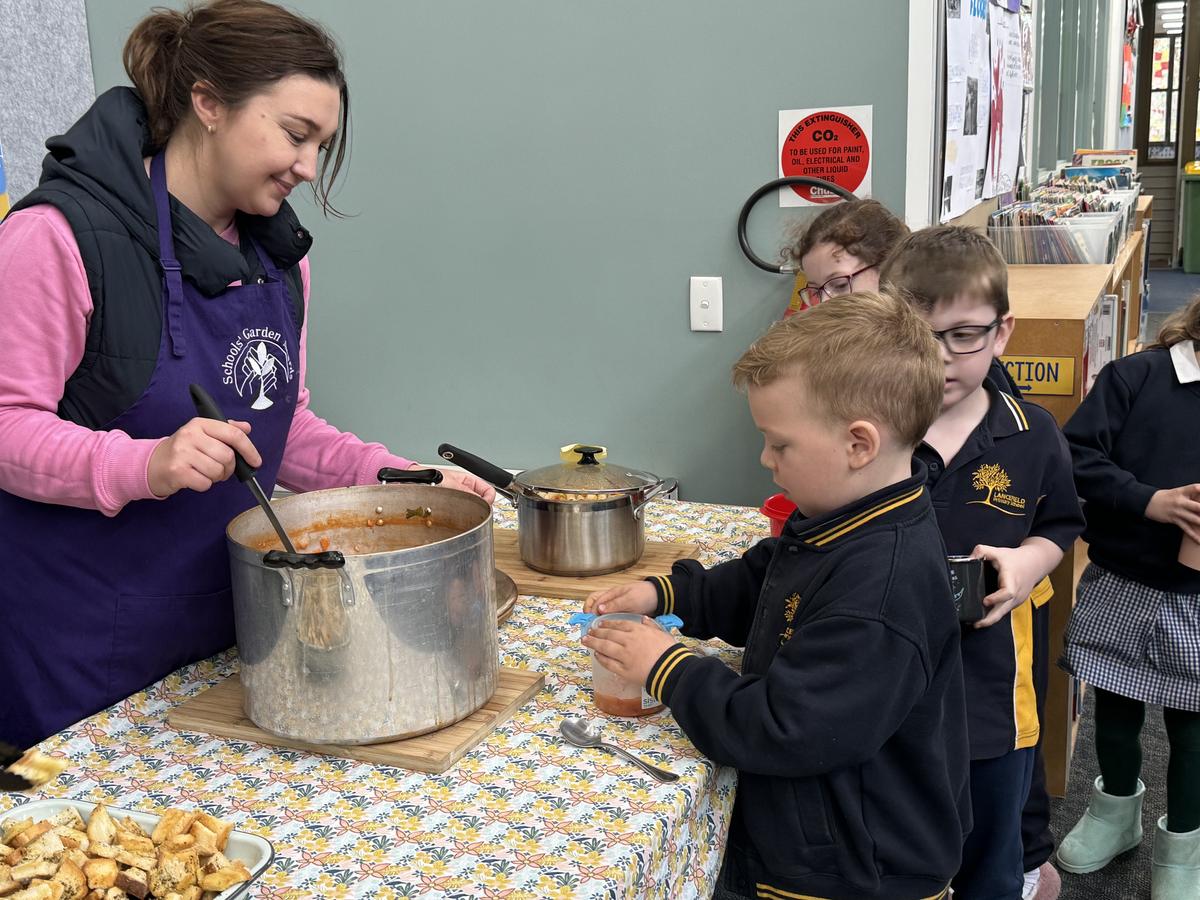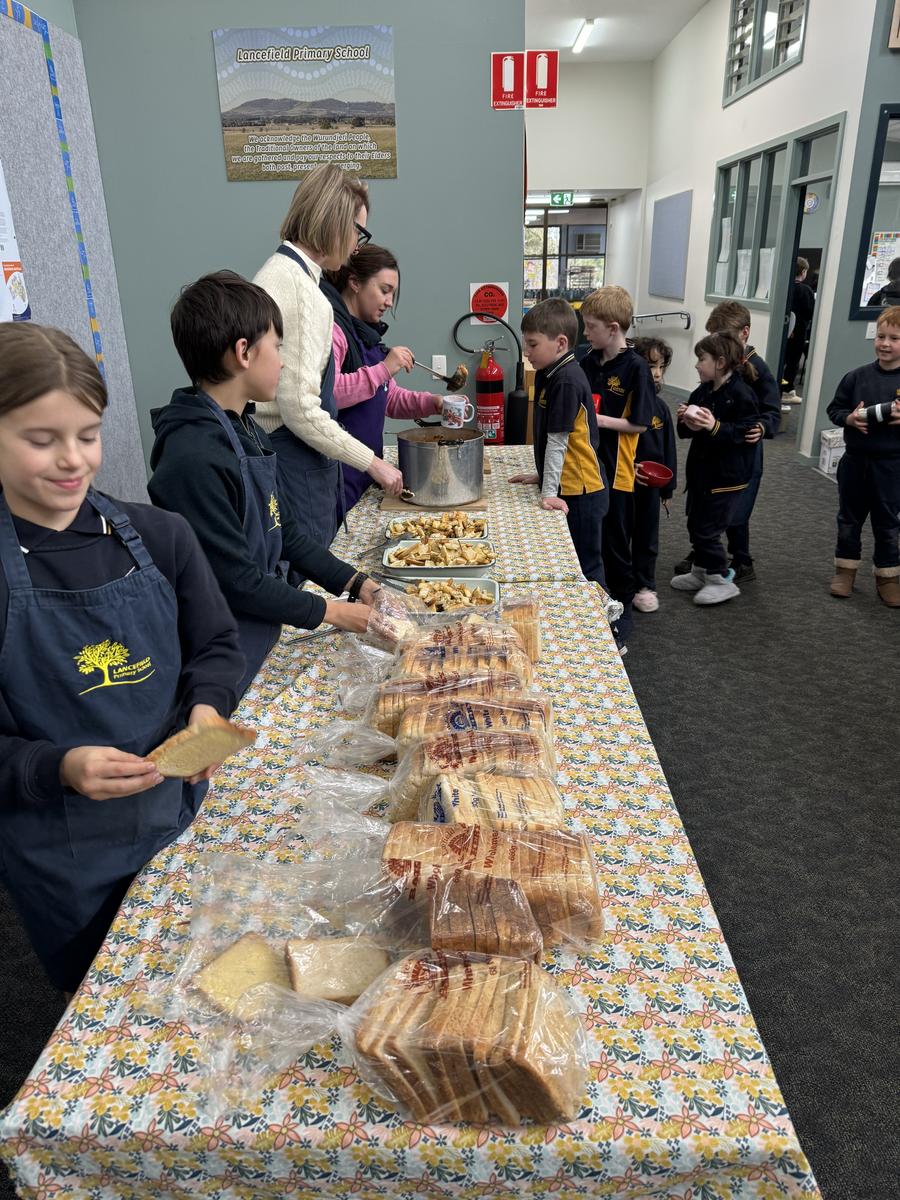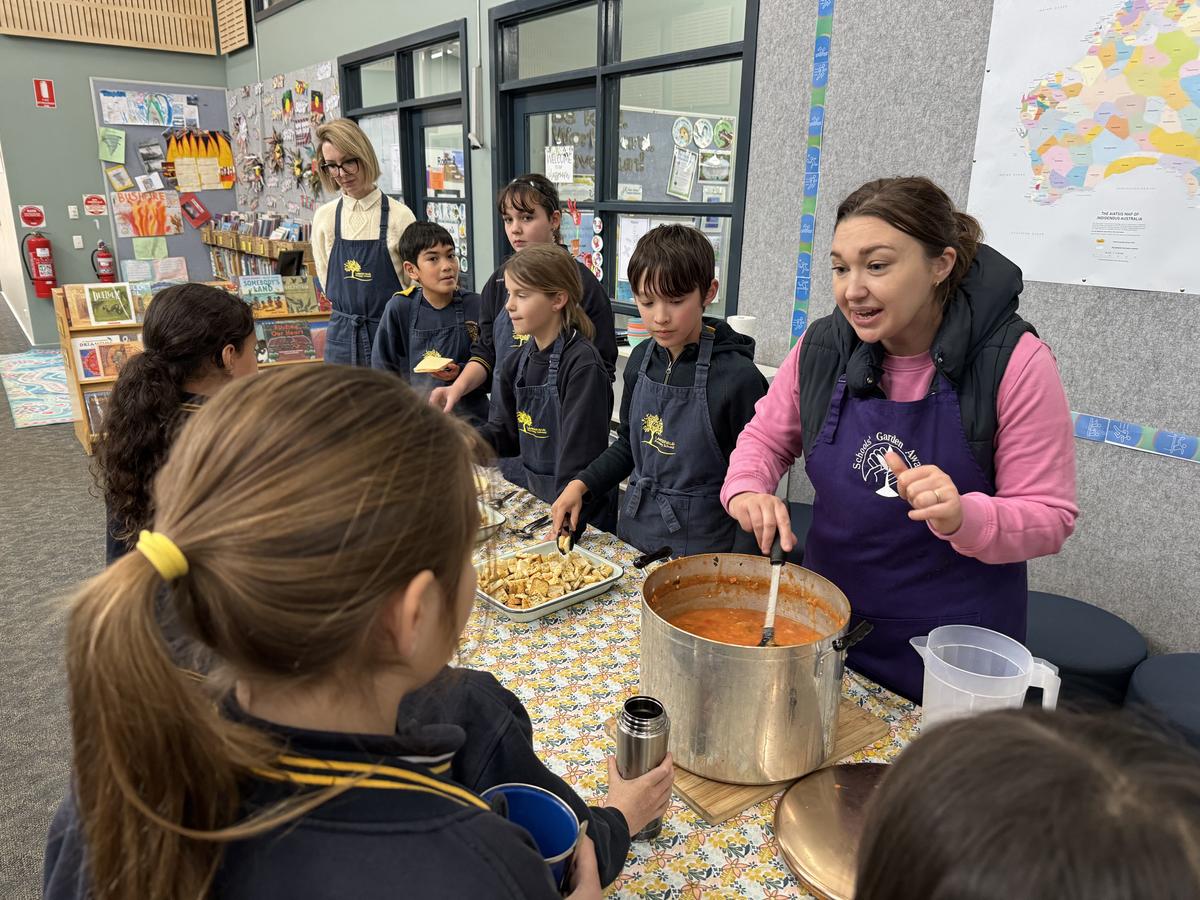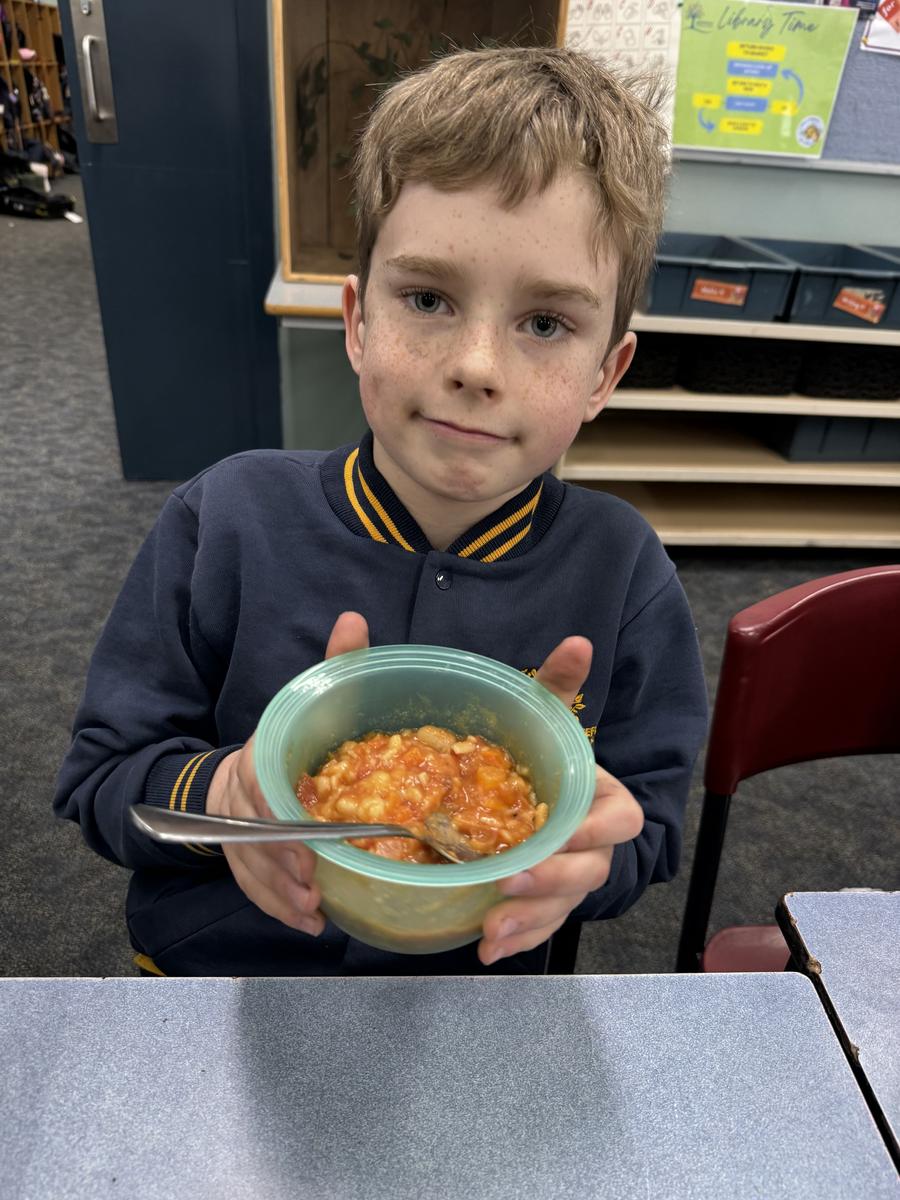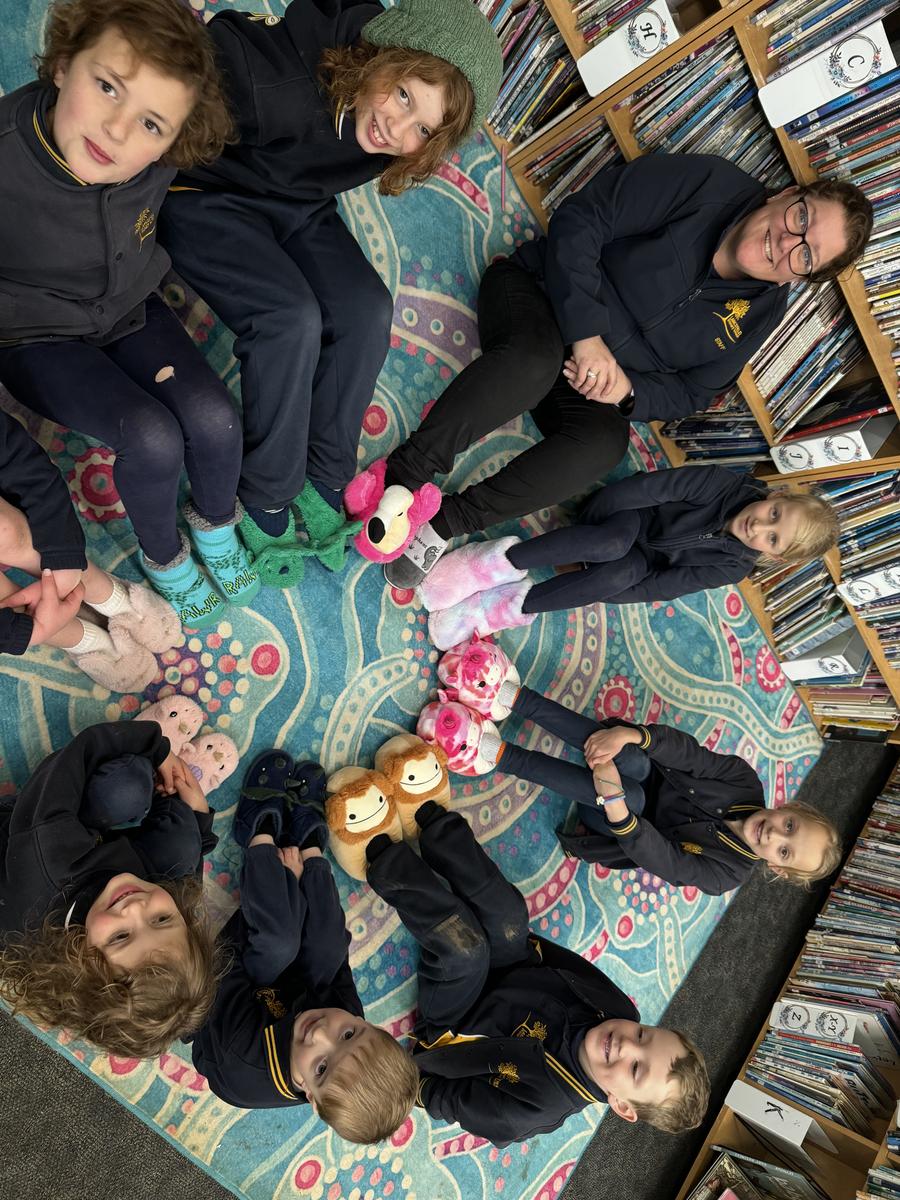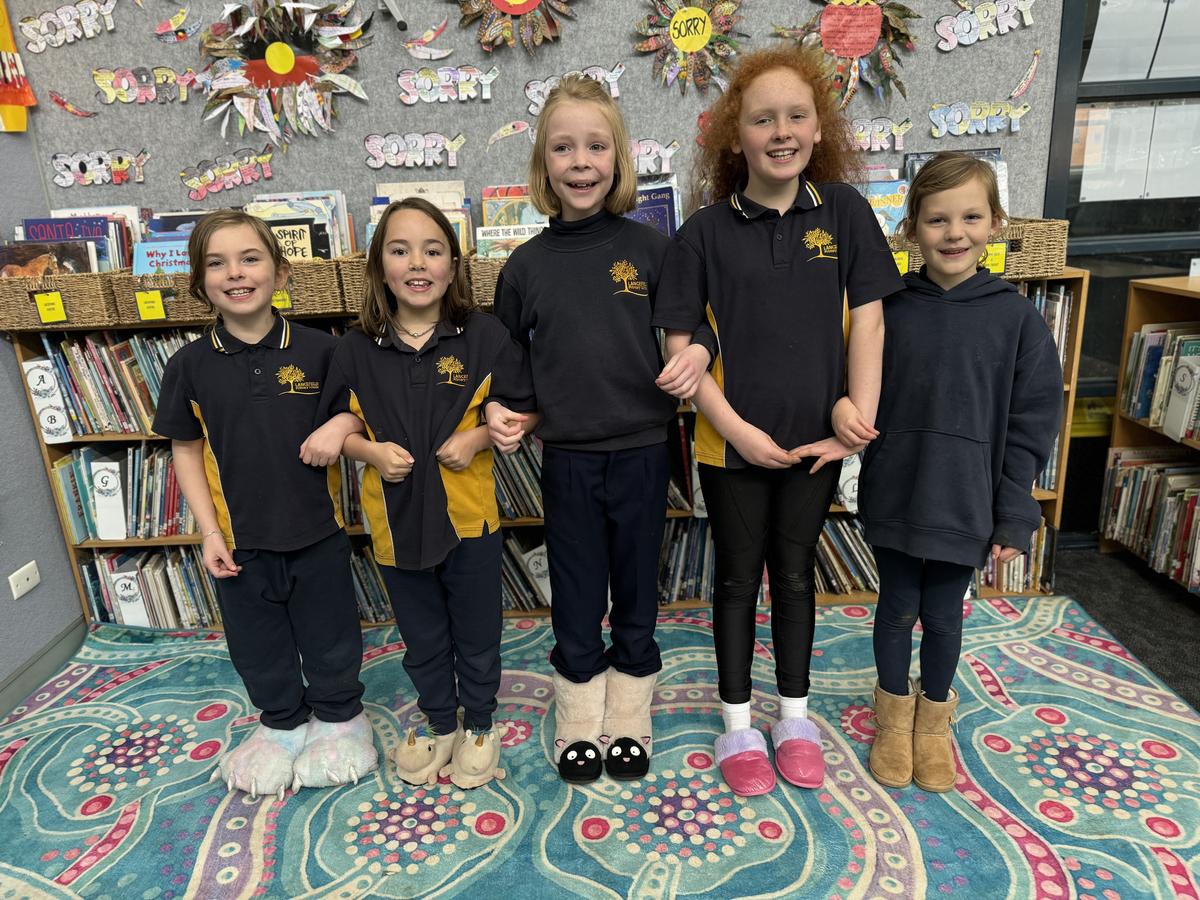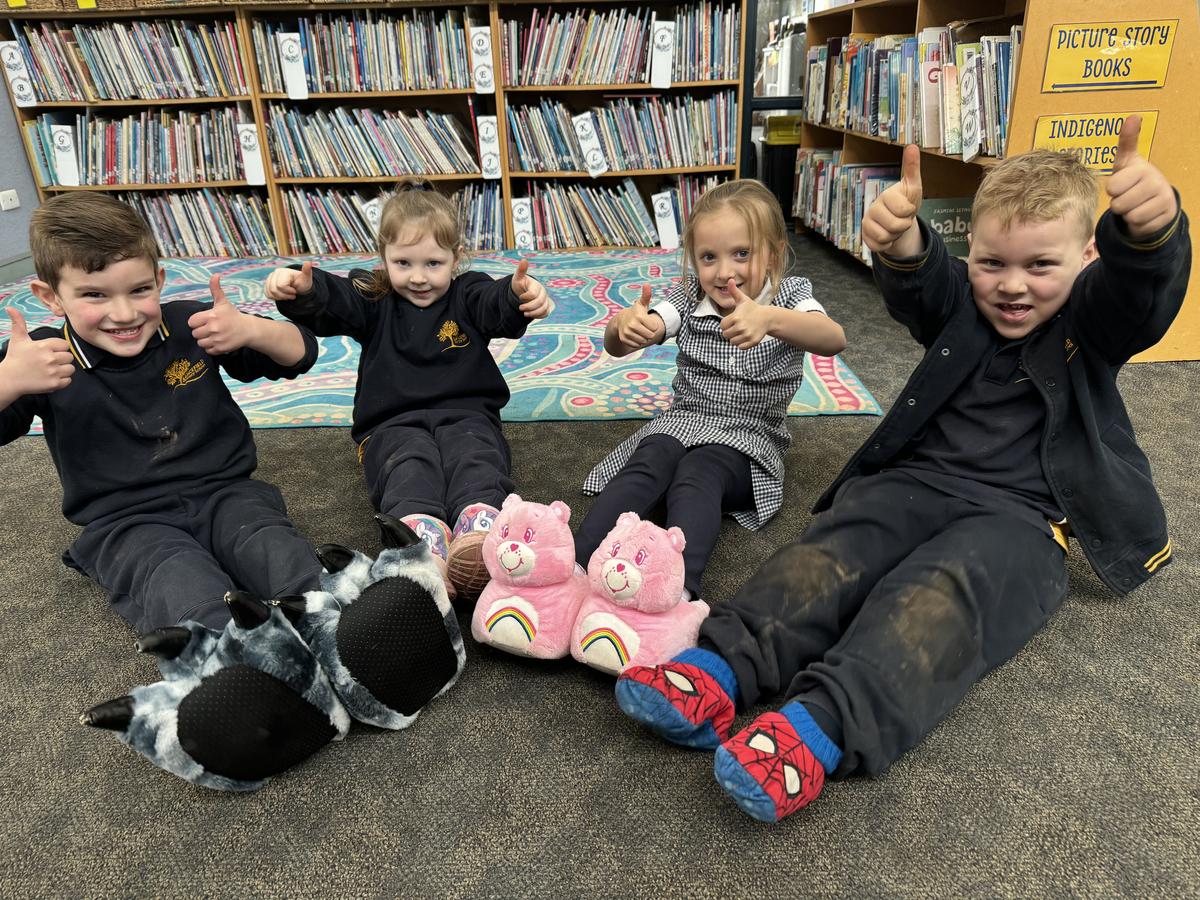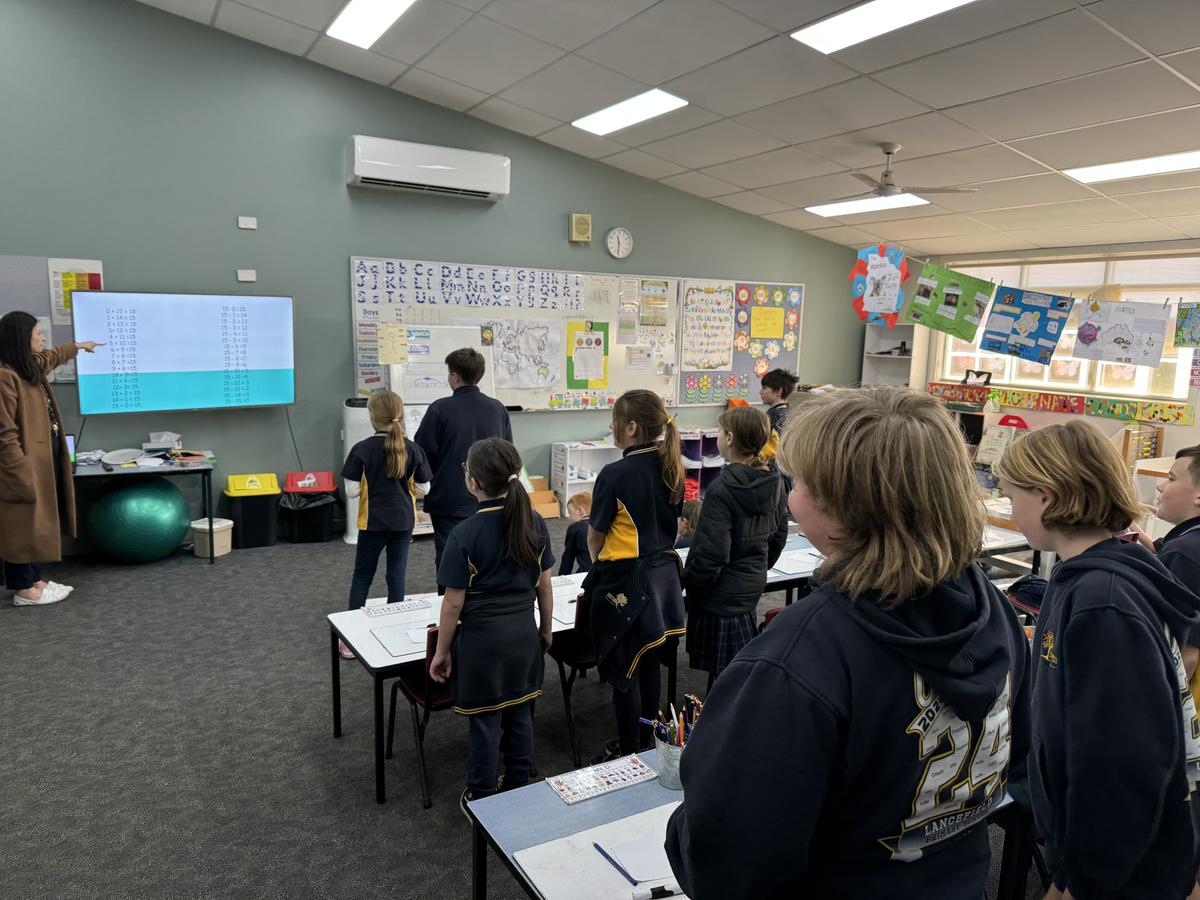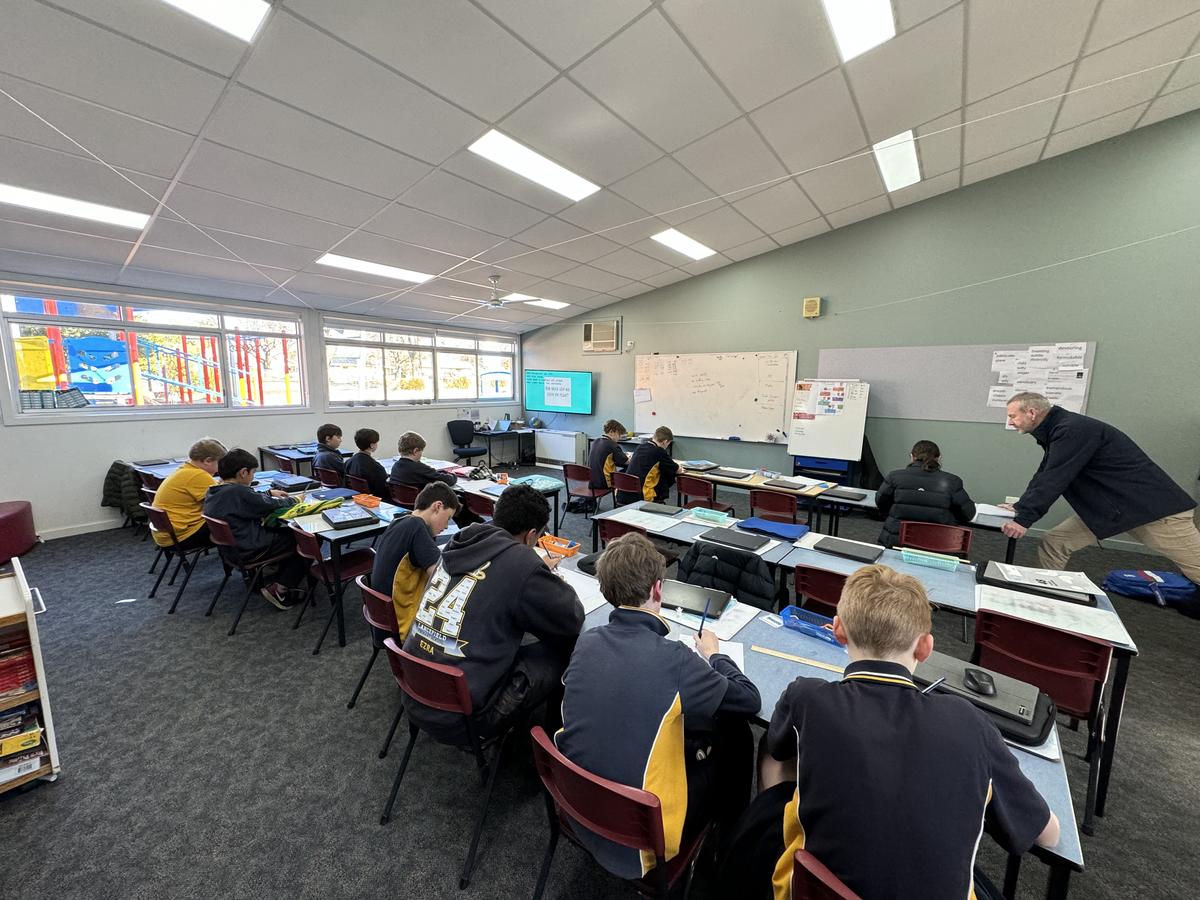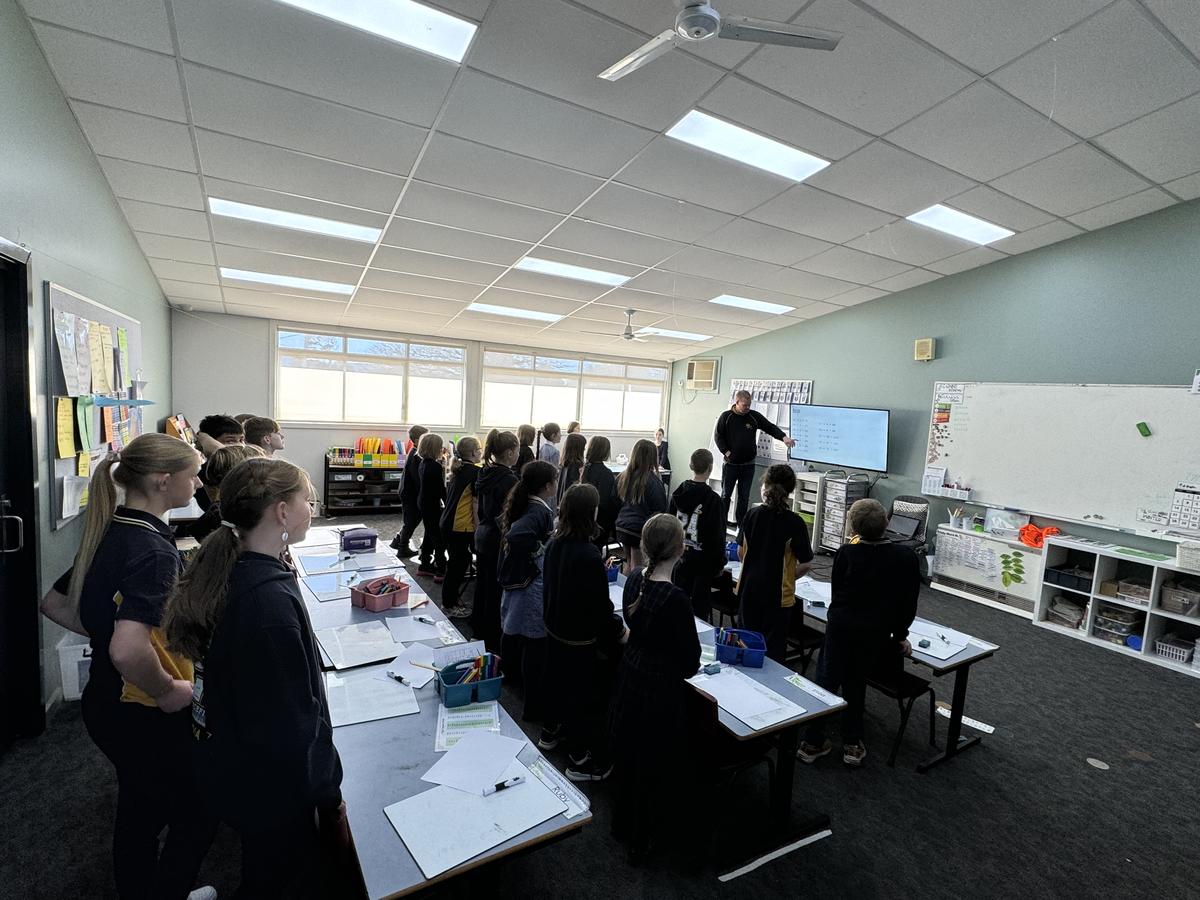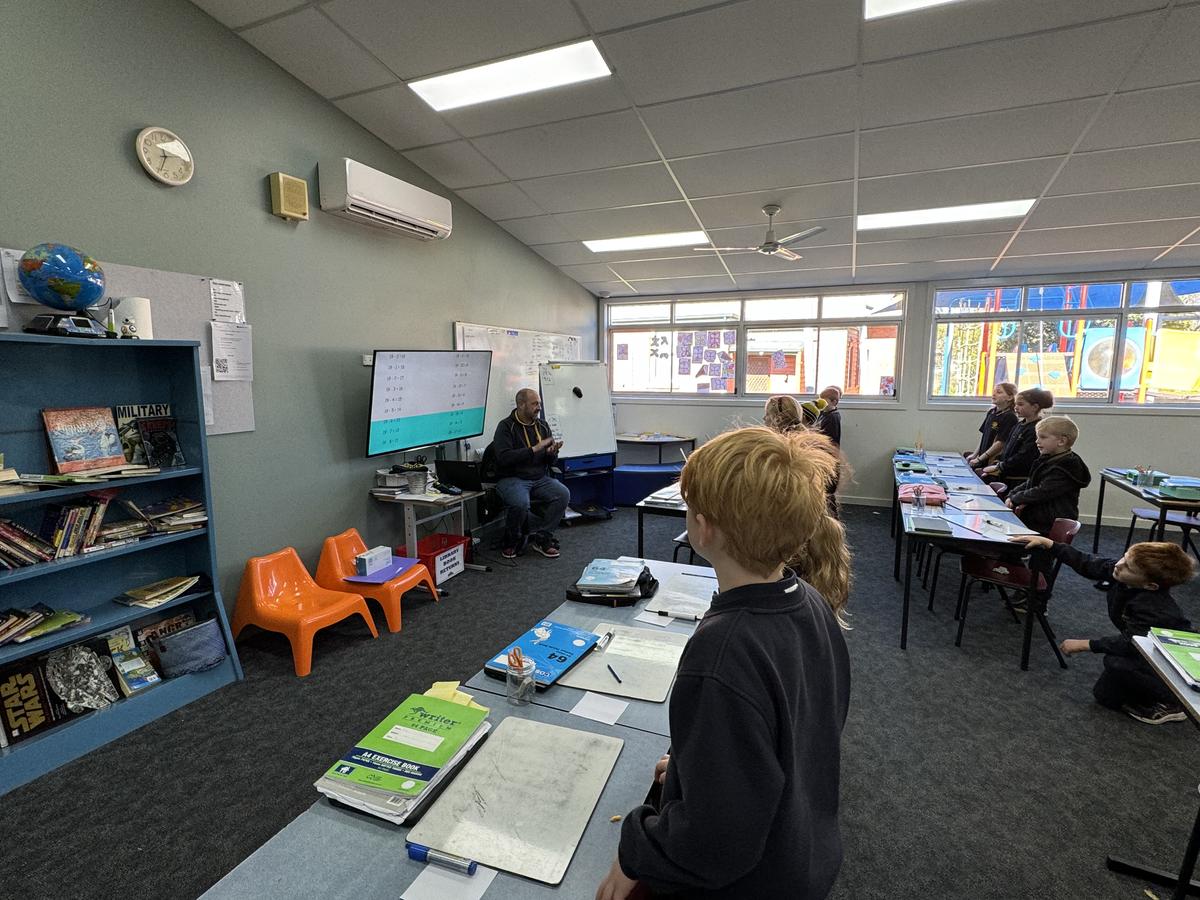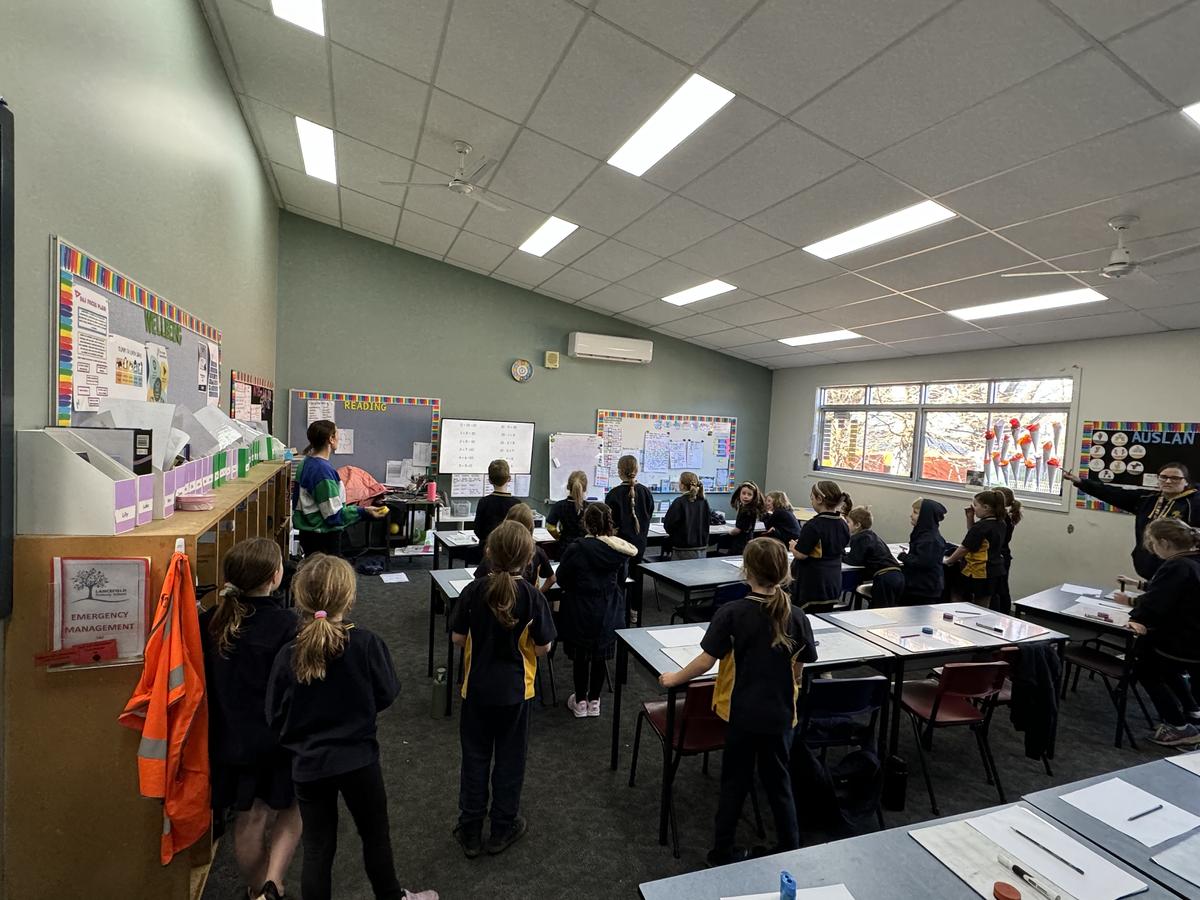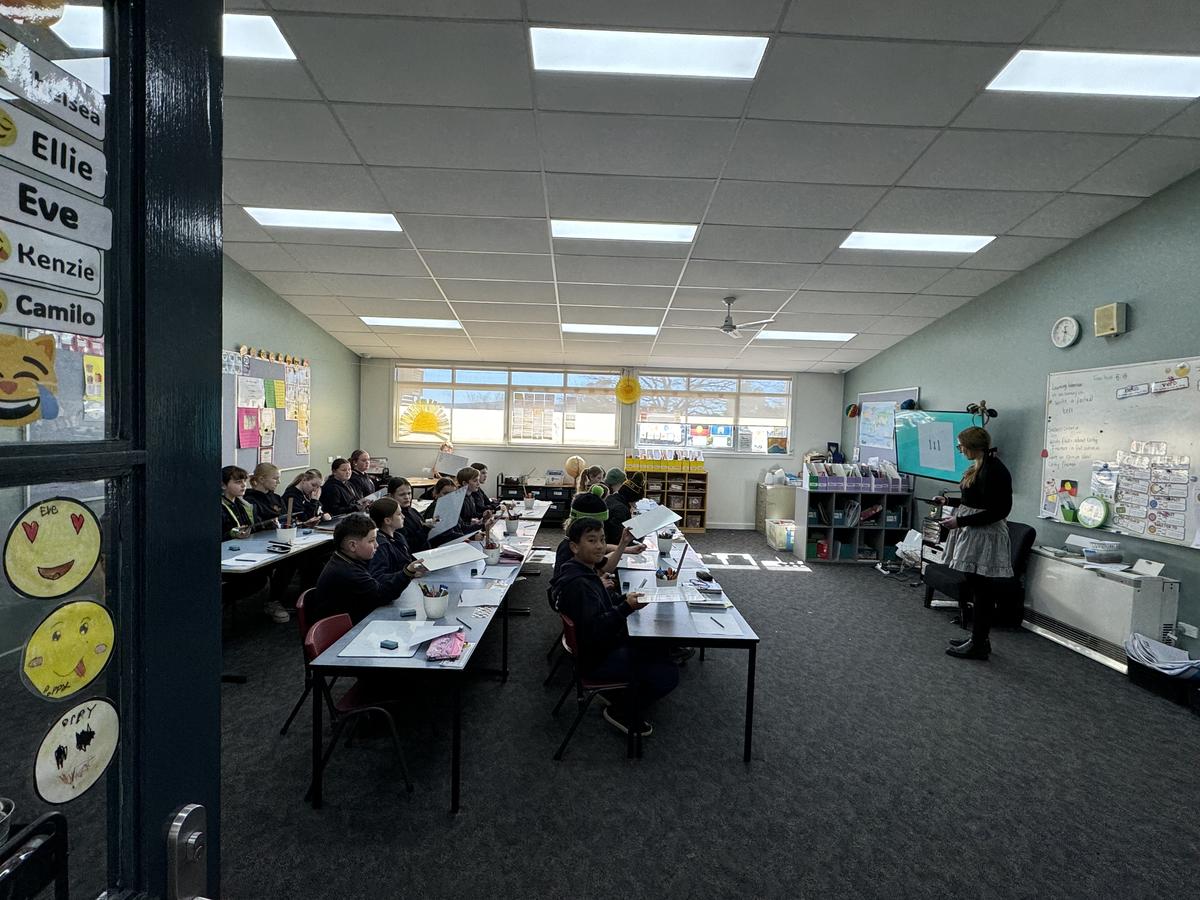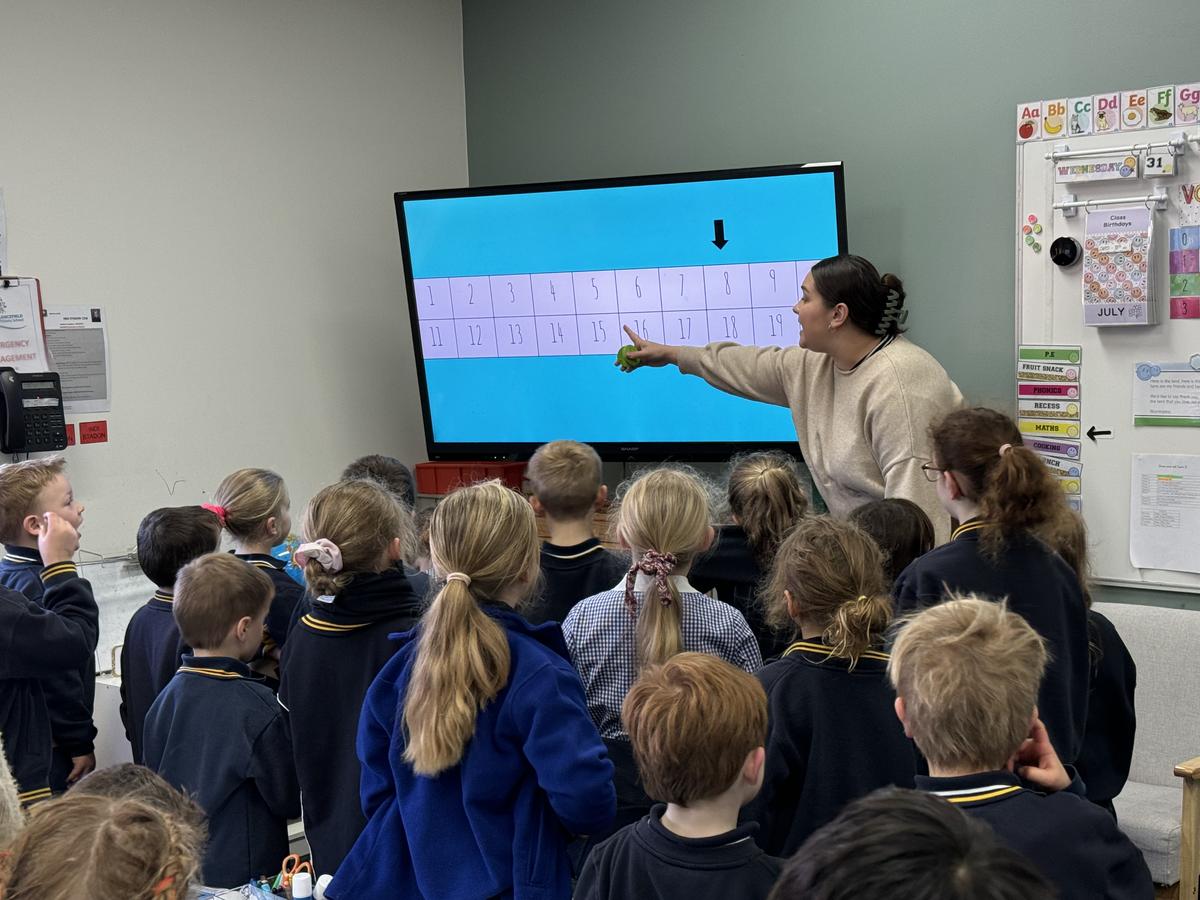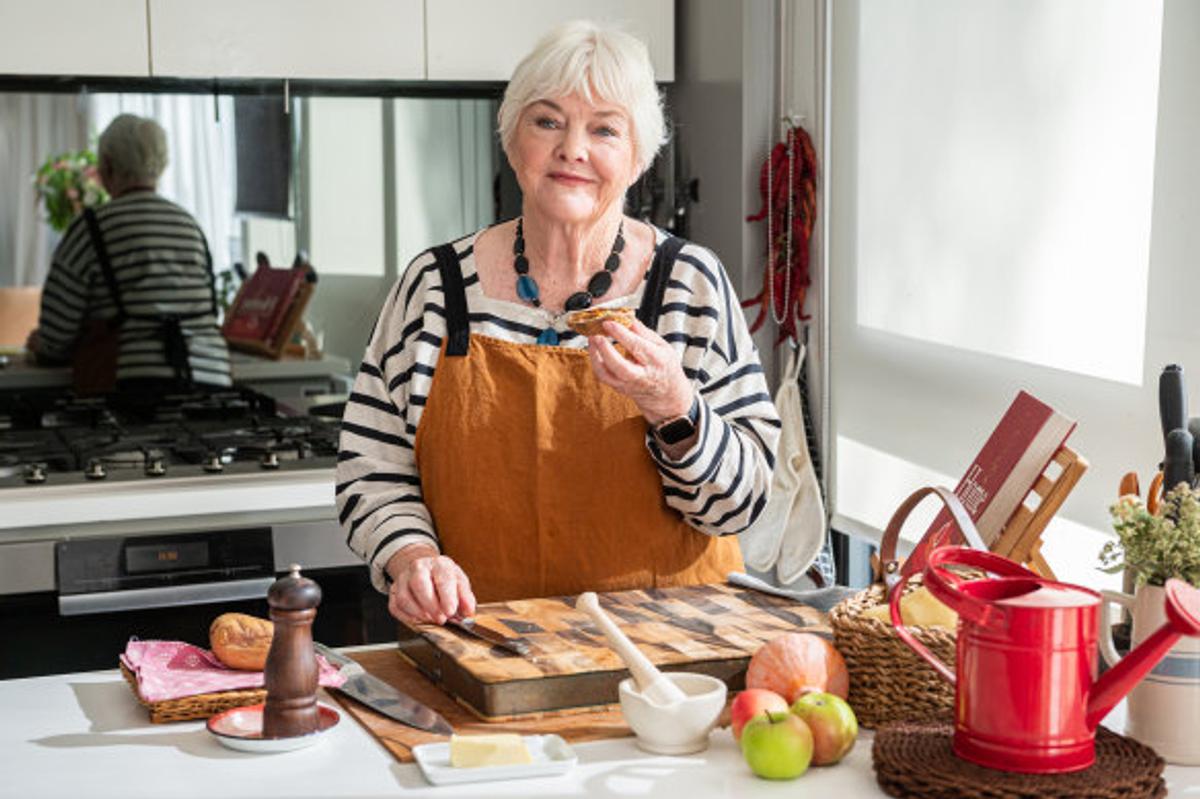Principal's Report

NAPLAN 2024
Last week the Year 3 and 5 NAPLAN individual reports were distributed to families. The NAPLAN assessments are nationwide assessments completed in Year 3, 5, 7 and 9. The tests assess student knowledge and skills in writing, reading, conventions of language (spelling, grammar, and punctuation) and numeracy. The results of the tests provide information for students, parents/carers, teachers, and principals and can be helpful in improving student achievement. For each test, the results indicate how each student performed in relation to four proficiency levels.
Exceeding - indicates that a student’s result exceeded expectations
Strong - level has demonstrated that they have met the challenge but reasonable expectations
Developing - working towards expectations
Needs additional support - not achieving the learning outcomes expected
We are very pleased to report that our students have done exceptionally well this year. The data suggests that all students are being supported to achieve their personal best. One important measure we take note of is how we compare to our “similar schools”. Similar schools are those which have a similar size and demographics such as student family occupation and education, they are the schools most like ours and provide a good benchmark for effectiveness of teaching, learning and wellbeing supports.
LPS students have demonstrated significant growth in the exceeding/strong areas in comparison to similar schools in all areas especially year 3 and 5 reading and numeracy.
Parent/Carer Opinion Survey 2024
Our school is conducting the annual Parent / Caregiver / Guardian Opinion Survey and is seeking your feedback. The survey, offered by the Department of Education, is designed to assist schools in gaining an understanding of families’ perceptions of school climate, student behavior, and student engagement. Your opinions are important to us and will contribute to identifying areas for improvement and professional development needs in the school, to target school planning and improvement strategies. The department will use the results from the survey for research purposes and to improve outcomes for students. The survey will be conducted online and only takes 20 minutes to complete. It can be completed on any internet enabled device (desktop computer, laptop, tablet or smartphone) and is compatible with most browsers.
Parents and carers were sent a detailed information letter on Tuesday 30th of July via Compass with login details etc.
Olympic Fever!
A big thank you to Ross Moloney for bringing in his very own 2000 Olympic Torch to share with classes. Eliza and Angus created a great power point with information to share with their classes. Did you know that the 2000 Olympic Torch design was based on the Sydney opera house, the curve of a boomerang and the three layers represent Earth, Water and Fire? It was carried 45,693km for 100 days through 1000 towns.13,400 people carried the torch and Ross was one of them! As a year 6 student at Tylden, Ross wrote a submission letter and was chosen to take part in the torch relay across Australia.
We will be holding our own 2024 Mini Olympics on Friday 9th of August and would like to invite parents and carers along to our closing ceremony at 2.30pm.
Soup and Slipper Day
Last Friday we all enjoyed our first ever Soup and Slipper Day at LPS. With many thanks to the kind donations made at the Lancefield Bakery, we were able to provide a warm delicious lunch for all students. A huge thank you to Sally, Andrew, Aaron, Tenielle and Prue for making the delicious minestrone soup and croutons, serving and cleaning up as well. Our student councillors excitedly helped organise students and clean up as well!
We raised $260.00 for Out of Home Care children.
Quick Maths
This term we are implementing a new Maths program called Quick Maths. This evidenced based explicit instruction approach focuses on students working on automaticity, fluency and recall of number facts (addition, subtraction, multiplication) at students point of need. The program will run for 15 minutes at 11:30am every Monday, Wednesday and Friday. Your child will be placed in a group that may not be with their classroom teacher however these groups are fluid and will change at point of need. This program is in addition to our regular maths program and at the end of the Quick Maths session your child returns to their regular scheduled maths lesson. The feedback from students so far is overwhelmingly positive and teachers are excited to be working together to implement this approach. We are already seeing greater confidence in maths fluency across the school.
Great SAKG News
Our very own Kaye Walker (SAKG coordinator) has been asked to be a guest presenter at an upcoming event, "Getting Started" Online workshop for the Stephanie Alexander Kitchen Garden Foundation. We are extremely proud of our SAKG program at LPS and Kaye will be sharing our journey and how we run our program to inspire and give advice to new schools to the program.
This is why we value our SAKG program so much!
The following excerpt is taken from a recent article in The Age - "Kids can love vegies, spice and, yes, even chilli – if only we let them, says Stephanie Alexander"
by Meagan Johnston July 18th, 2024.
In the 20 years since launching her Kitchen Garden Foundation, Stephanie Alexander has found children are more than willing to “roll up their sleeves” in the kitchen and garden.
Through the program, which runs across hundreds of Australian schools teaching students to plant, grow and harvest food, she has seen ample evidence of young people’s natural curiosity and willingness to try new foods, especially ones they’ve grown themselves. And while gardening can involve plenty of challenges and false starts, such as snails, caterpillars or poor weather, these also make it a great way to learn.
“It makes a colossal difference to how kids respond to fresh food, particularly vegetables,” she says.... Gardening encourages children to work together and is “utterly, utterly inclusive”, Alexander says. “You’ll find that some kids who don’t perhaps shine in some parts of their schoolwork might be brilliant at wheelbarrowing.”
Involving children in meal planning and preparation, teaching them different techniques, exposing them to diverse cuisines and giving them the skills and confidence to work safely around heat and sharp knives all help as well.
Parental modelling is crucial, by trying new dishes together, making pasta as a family, pounding whole spices in a mortar and pestle, and generally being positive about food, rather than making disparaging comments or “hiding” vegetables in dishes.
At the very least, parents should prioritise eating with their children, Alexander says.
“You can’t always do it every day. And I’m fully aware of all the pressures that are on all of us,” she says. “But if it becomes something that is really valued within the family, like you always have lunch together on Sunday, or you always eat on a Thursday night together around the table, then that becomes something that is highly valued.”
